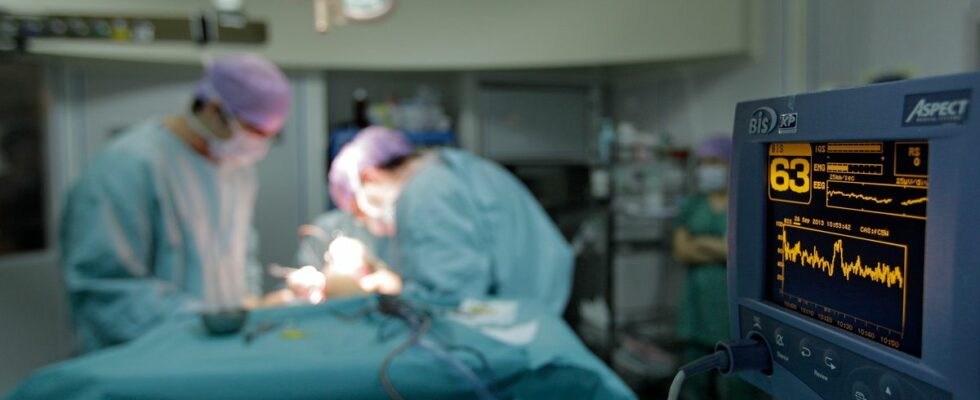It is collateral damage from the hospital crisis, marked by almost three years of pandemic. Organ transplants remain fewer than before the Covid, and their level remains insufficient even if it is experiencing an encouraging increase, the agency which manages this area detailed on Tuesday. In 2022, 5,494 transplants took place, more than the previous year (5,276) and much more than in 2020 (4,421). That year had been very disrupted by the outbreak of the Covid crisis. Kidney and pancreas transplants, in particular, had been suspended during the first confinement.
“The 2022 figures are good, and it is all the more good news that we are going through a deep hospital crisis”, summarized Marine Jeantet, the new director general of the Biomedicine Agency, at a press conference. But last year’s figures, detailed by this agency which manages organ transplants in France, remain significantly lower than the nearly 6,000 transplants recorded in 2019, just before the Covid crisis.
Refusal of organ donation still too widespread
Last year, 15 transplants per day were performed. This is not enough, and the delay is accumulating: every day, 21 new people register on the waiting list, which lists 10,810 people in total. “The increase in activity does not make it possible to fully meet the needs of all patients”, underlined Michel Tsimaratos, medical and scientific director of the Biomedicine Agency. “Every day there are two or three people who register on the waiting list and will not find a transplant”.
The main causes of donor death are cerebrovascular accidents (54% of causes), followed by cardiocirculatory arrest, and traumatic causes. The average age of donors is 57 years old. Transplants still face a high rejection rate. It represents a third (33%) of the situations where a transplant could take place. A relative of the deceased can indeed oppose the donation of an organ if he thinks that the person would not have wanted it.
In 2023, the Agency aims in particular to “strengthen the interest and increase the level of knowledge” of the public for organ donations, announced its communications director David Heard. It also intends to “contribute to reducing the number of people not removed when they had not opposed the donation of their organ after their death”.

